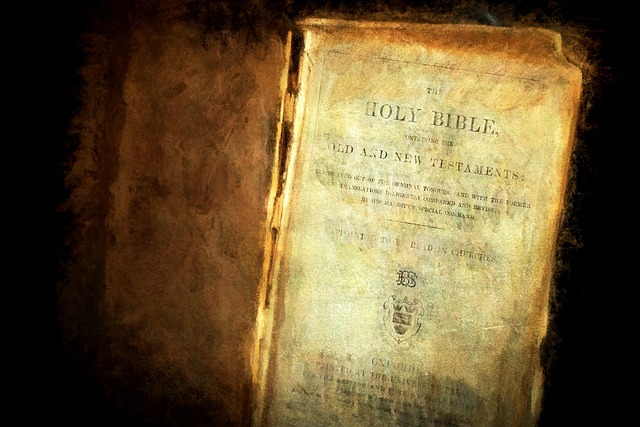The Quran acknowledges the existence of earlier scriptures, but it also suggests alterations may have been made to them. This concept is known as “tahrif” in Islamic theology. Here, we’ll explore some Quranic verses that touch on this topic, while acknowledging the different interpretations:
1. Potential Alterations (Quran 5:13):
This verse mentions the distortion of scripture and neglecting commandments: “But for breaking their covenant We condemned them and hardened their hearts. They distorted the words of the Scripture and neglected a portion of what they had been commanded to uphold.” (Quran 5:13)
This verse highlights the consequences for those who break their covenant, distorting the sacred words of Scripture and neglecting their obligations. Such actions are deemed unacceptable and draw divine wrath.
2. Fabricating for Gain (Quran 2:79):
This verse criticizes those who manipulate scripture for personal benefit: “So woe to those who distort the Scripture with their own hands then say, “This is from Allah”—seeking a fleeting gain! So woe to them for what their hands have written, and woe to them for what they have earned.” (Quran 2:79)
This verse warns against those who distort scripture for personal gain, bringing upon themselves condemnation for their deceitful actions.
Important Note:
It’s important to understand that these are interpretations, and the specific nature of the “tahrif” is a matter of theological debate.
The Bible and Textual Variation:
The Bible is indeed subject to variations across different manuscripts, but let’s not underestimate their significance. These differences raise questions about the reliability of the text and its core teachings. Modern biblical scholarship, employing historical and textual criticism, attempts to reconstruct the most accurate versions possible while shedding light on the complexities of its transmission over time.
Interfaith Considerations:
This is a sensitive topic in interfaith dialogue. Muslims revere the Quran as the final revelation, while Jews and Christians believe their scriptures remain divinely inspired.
Conclusion:
The Quran suggests potential alterations to previous scriptures. However, the nature and extent of these alterations are open to interpretation. It’s important to approach this topic with respect for all faiths and their scriptures.
Last modified: 28/03/2024

